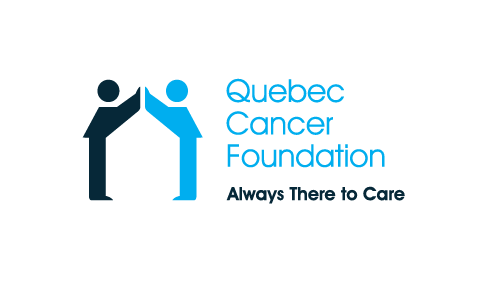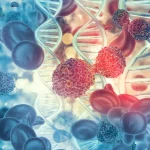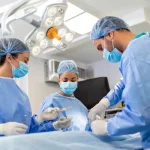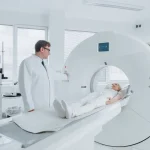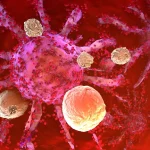Digestive disorders other than constipation and diarrhea
Medical treatments, lack of exercise, nervousness and rushed meals can also be the cause.
Bloating
Some foods may produce gas and bloating in the stomach or intestine. This could be caused by medical treatment, lack of exercise, nervousness or hurried meals.
Helpful tips
- Eat easily digestible, low-fat foods.
- Eat slowly to minimize discomfort.
- Cut down consumption of foods that ferment and produce gases during digestion, such as garlic, onion, cabbage, beans, soft drinks, wine, alcohol and chewing gum.
- Avoid drinking while eating and use a straw.
Heartburn (gastroesophageal reflux)
Heartburn is characterized by a burning sensation in the lower part of the chest, along with a sour or bitter taste in the throat and mouth. It is caused by acid from the stomach rising into the esophagus.
Helpful tips
- Eat little, but often.
- Drink just one hour before or after meals.
- Do not lie down directly after eating; stay upright. Sitting is recommended.
- Avoid eating foods that irritate the mucous membrane or promote reflux, such as tomatoes, citrus, coffee, strong spices, alcohol, soft drinks, high-fat foods, chocolate, tea, and mint.
- Eat more lean meat and fish.
- Consume skimmed or partially skimmed milk or dairy products.
- Don’t smoke.
- Avoid wearing tight clothes.
Esophagitis
Esophagitis is an inflammation of the mucous membrane covering the esophagus, the section of the gastrointestinal tract between the stomach and the mouth.
Signs and symptoms
- Difficulty absorbing solid food.
- Sensation of a lump in the throat, especially when swallowing.
- Painful discomfort when swallowing.
- Acute, progressive internal pain, intermittent or constant, felt in the chest, at the level of the sternum.
Helpful tips
- Adopt a special protein- and vitamin-rich diet to promote growth of cells in the lining of the esophagus.
- Ask the doctor to prescribe an antacid or an analgesic, as appropriate.
- Consume sweet and creamy foods:
- Milk and other dairy products (sour cream, yogurt, cottage cheese, etc.);
- Sauces;
- Puddings;
- Noodles;
- Purées;
- Baby food.
